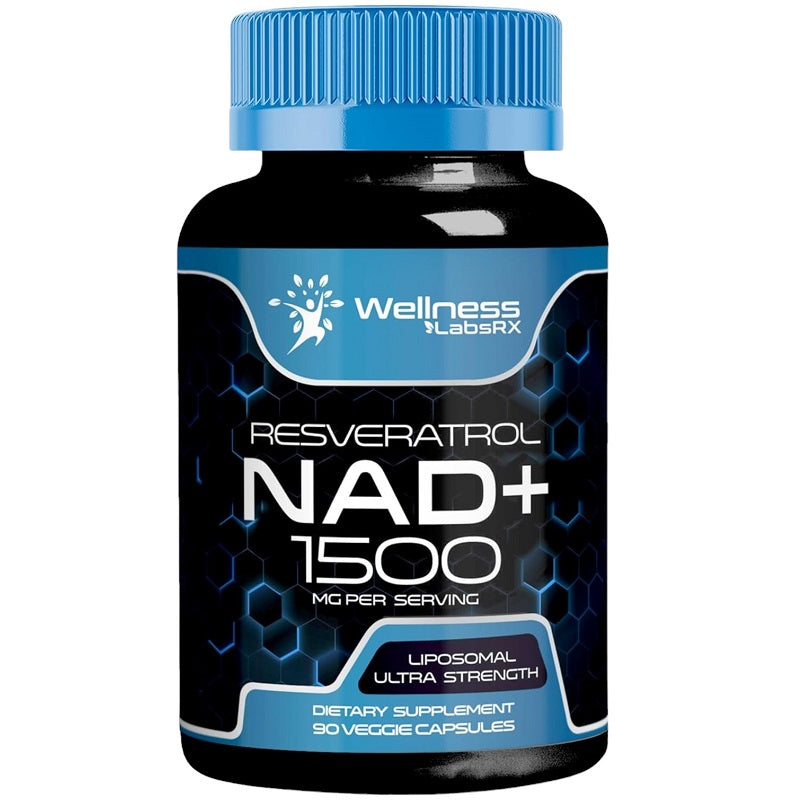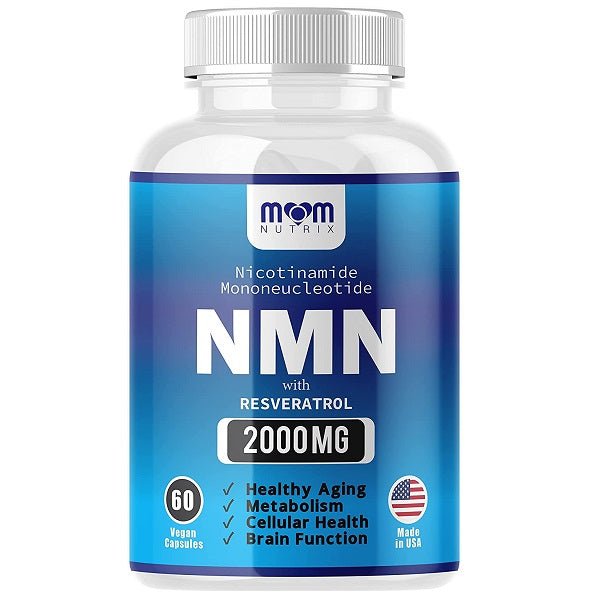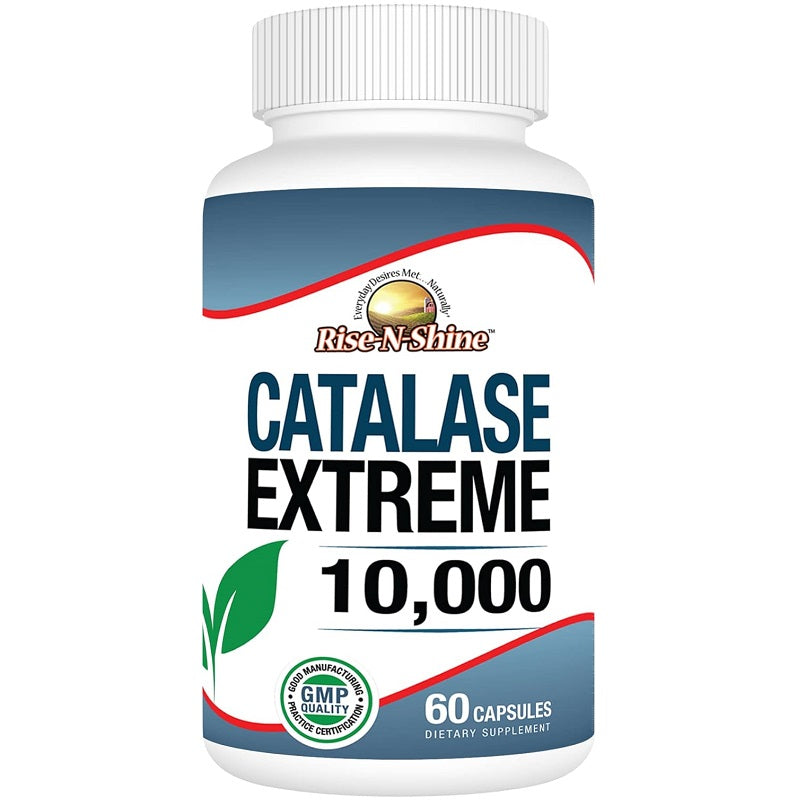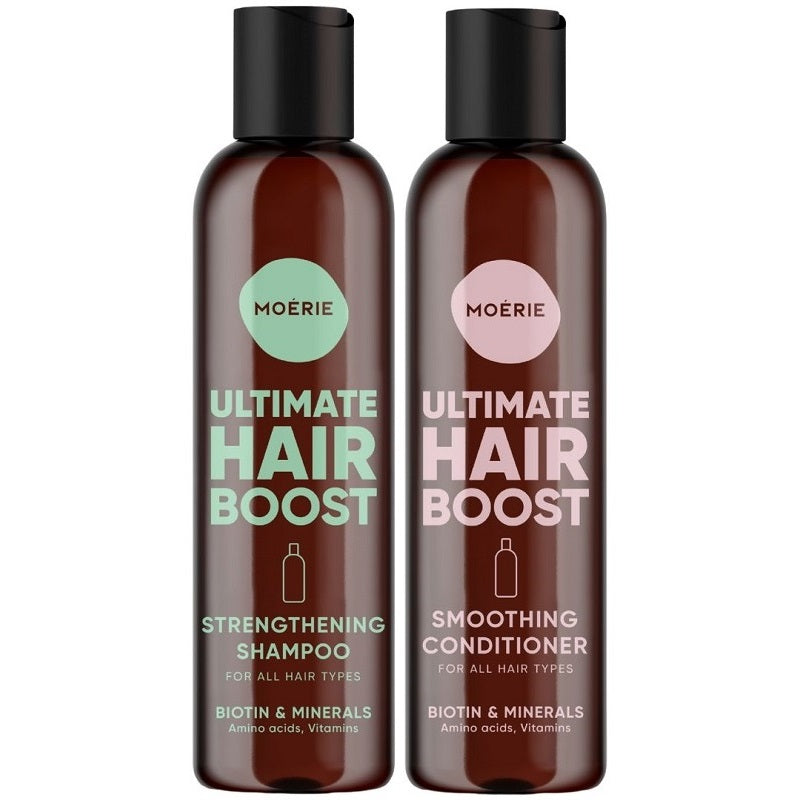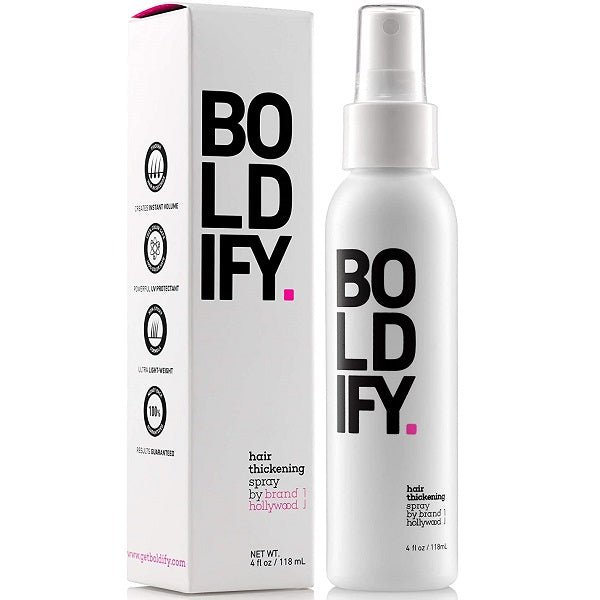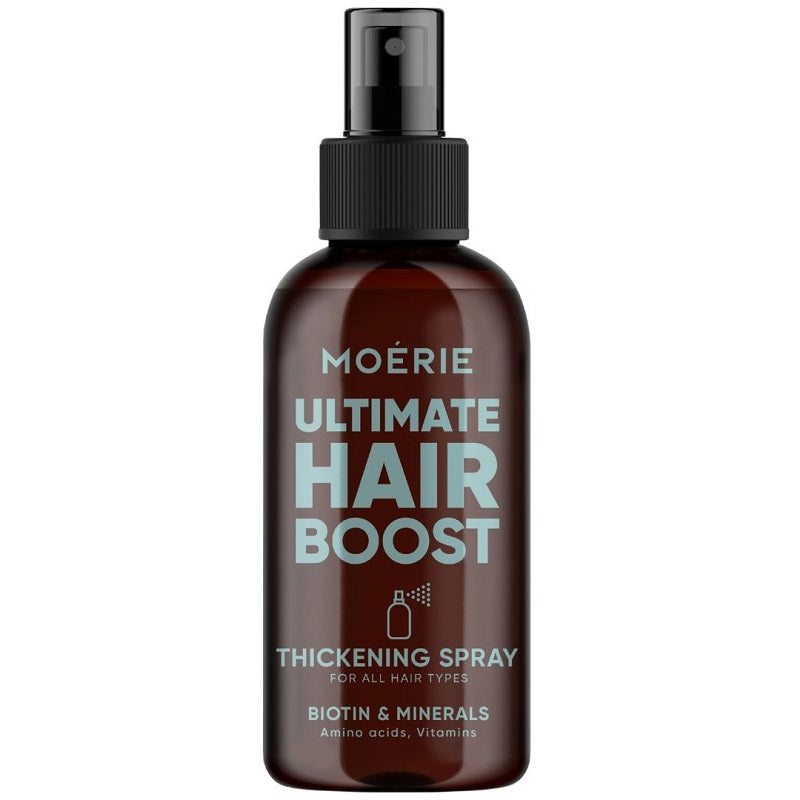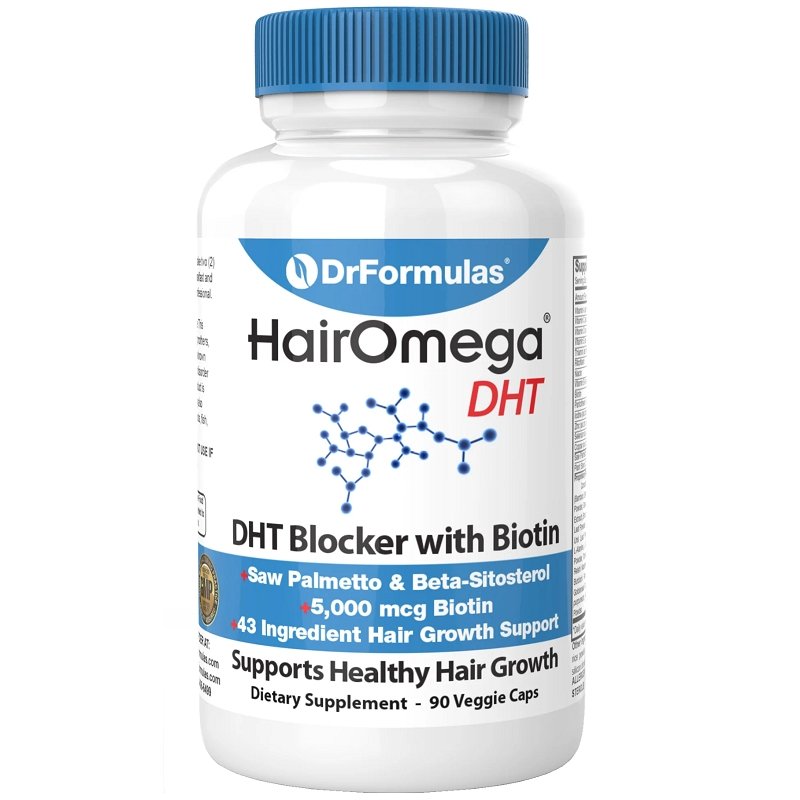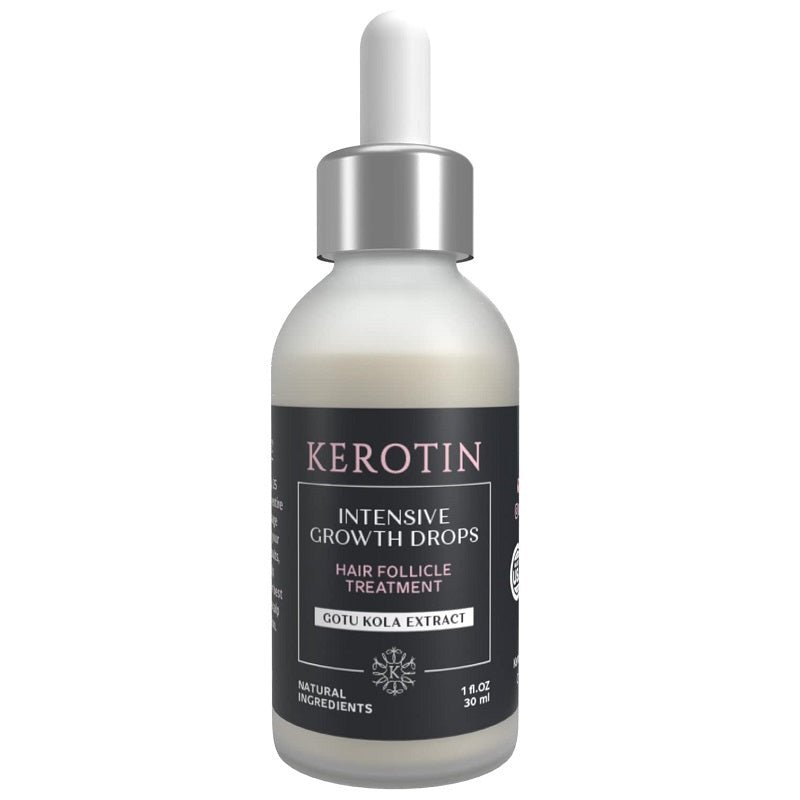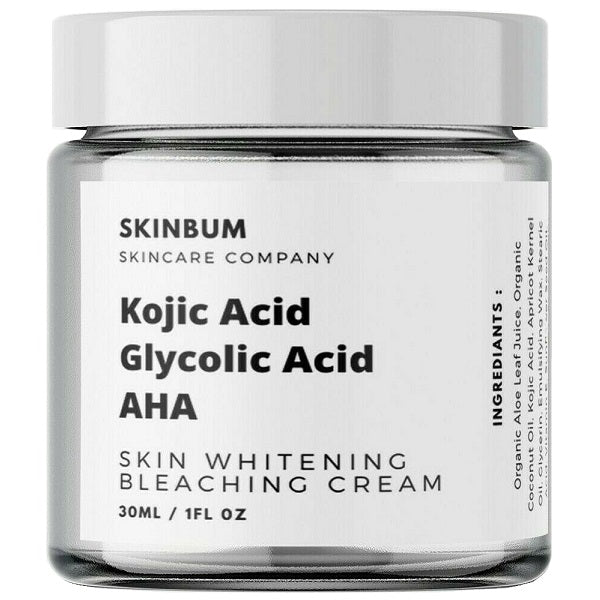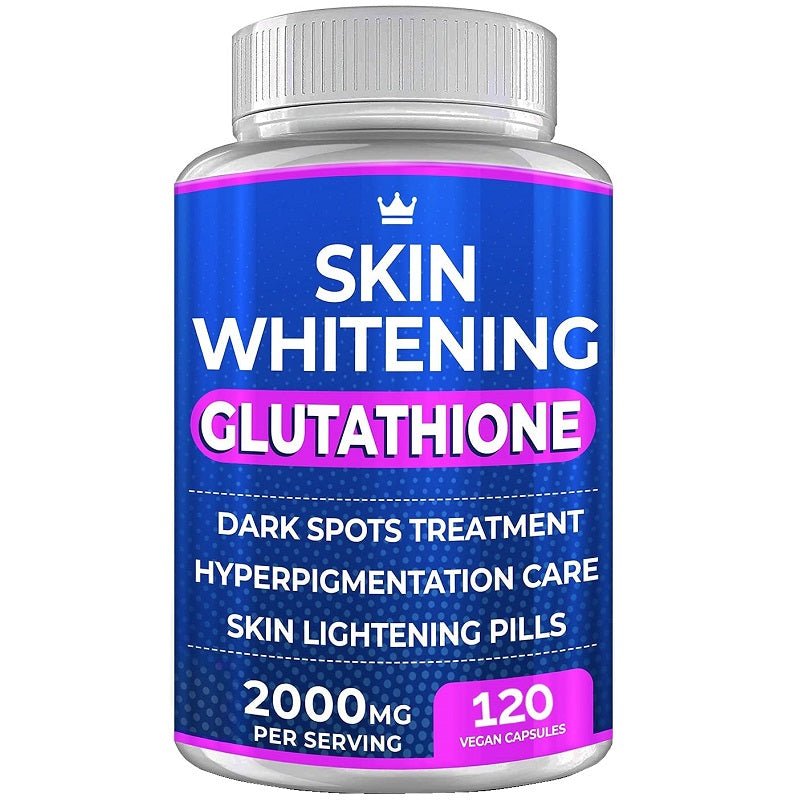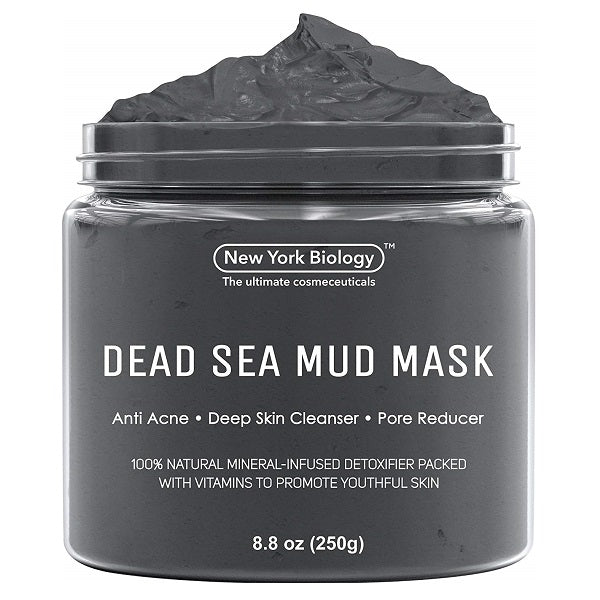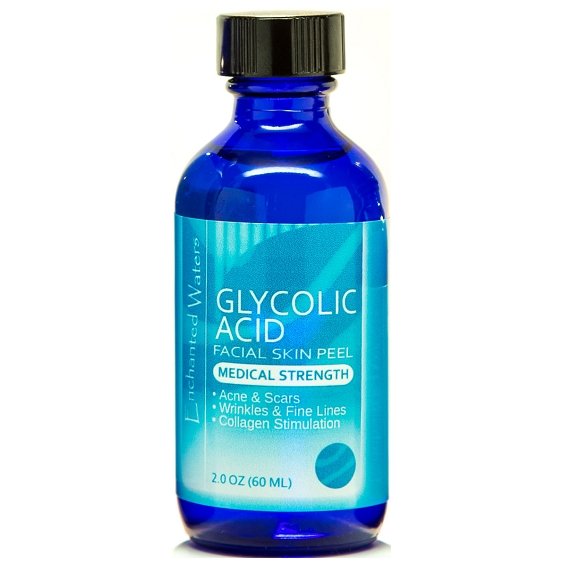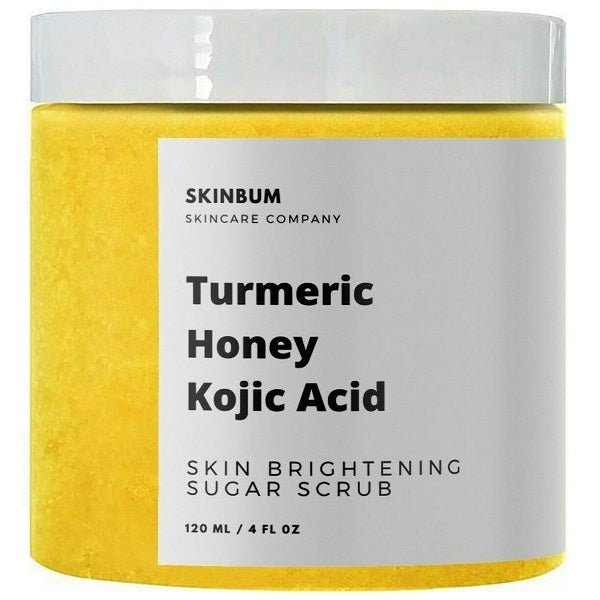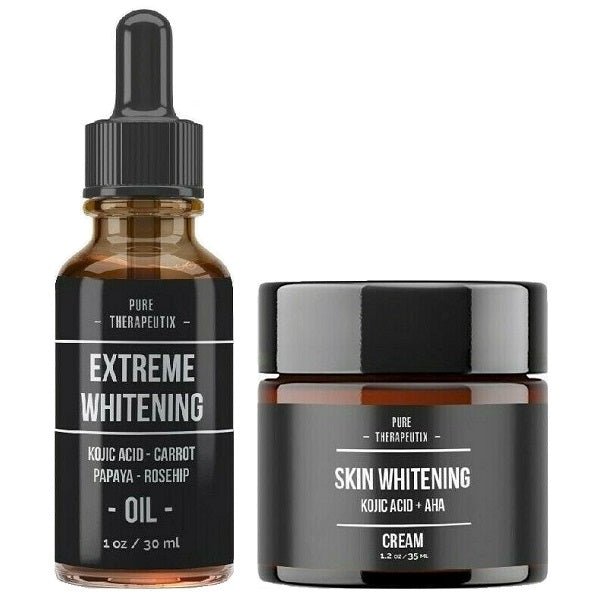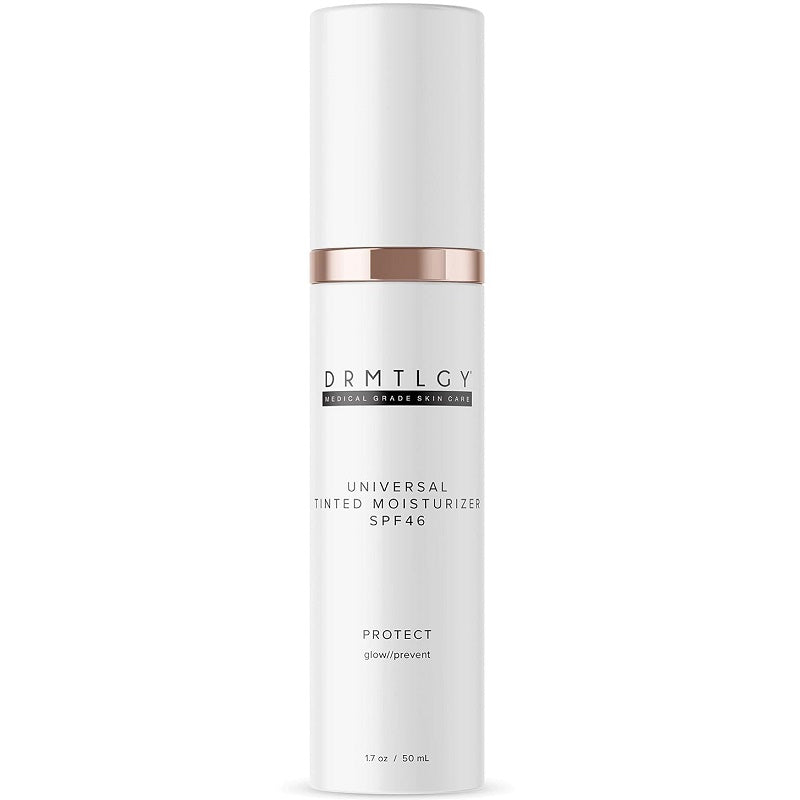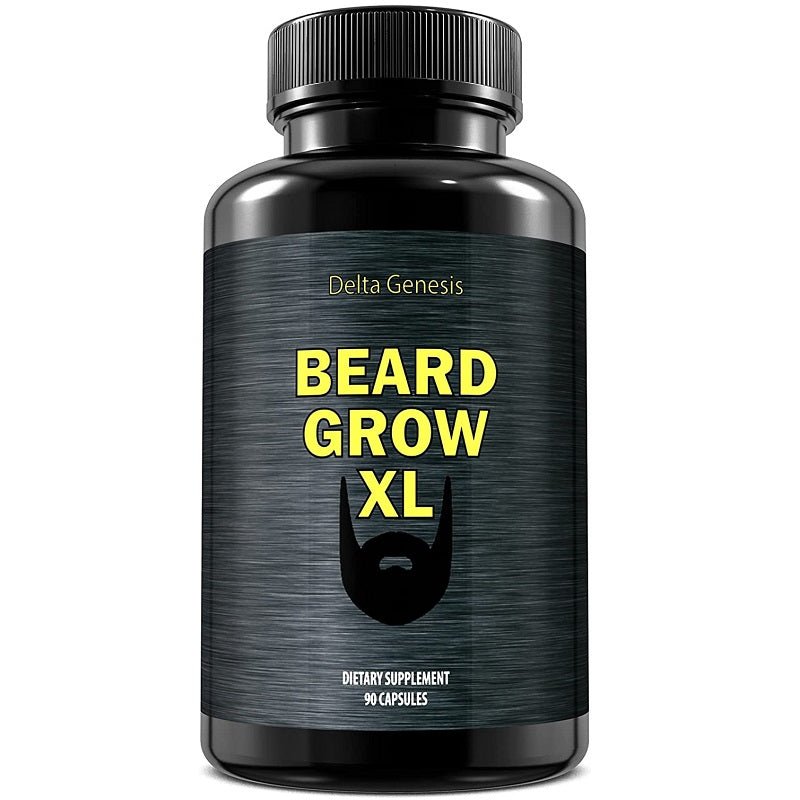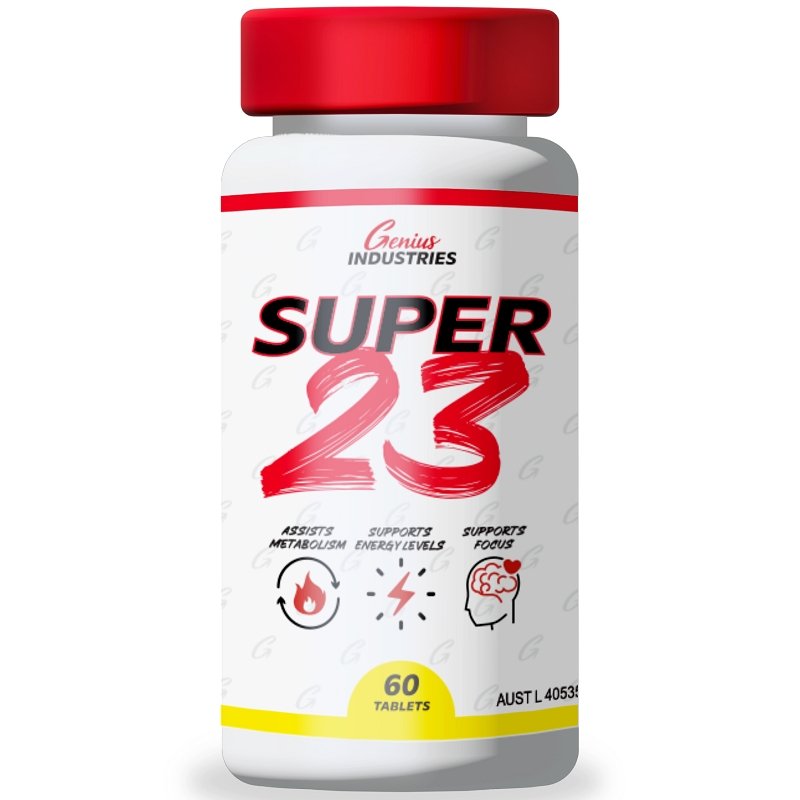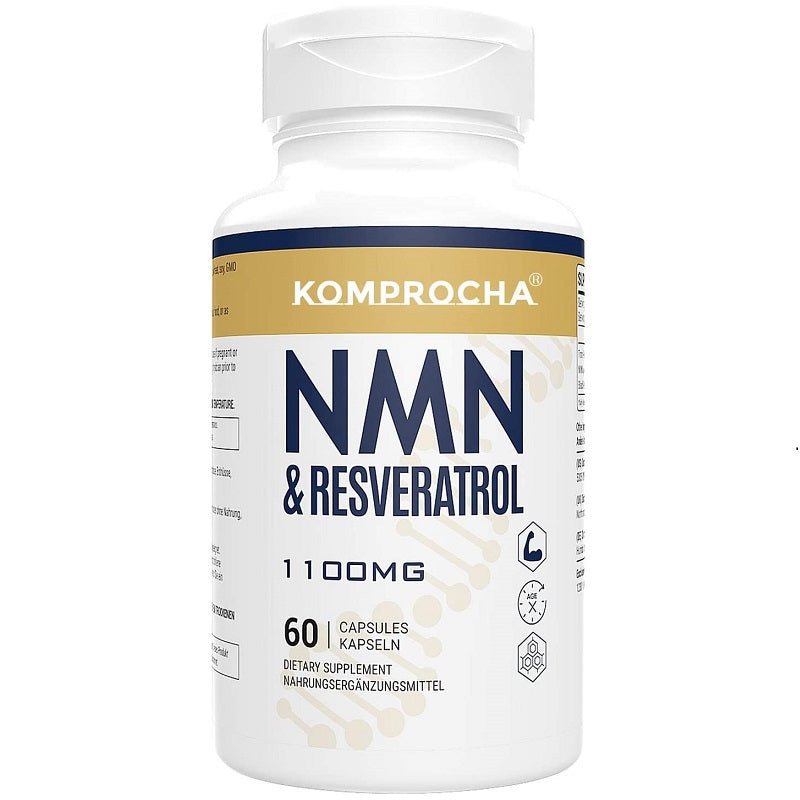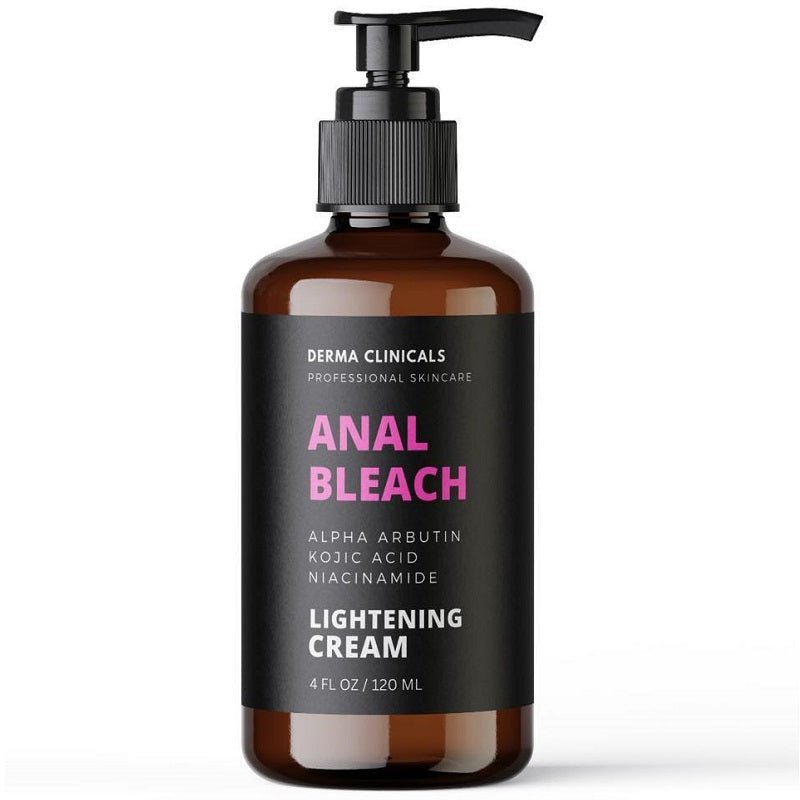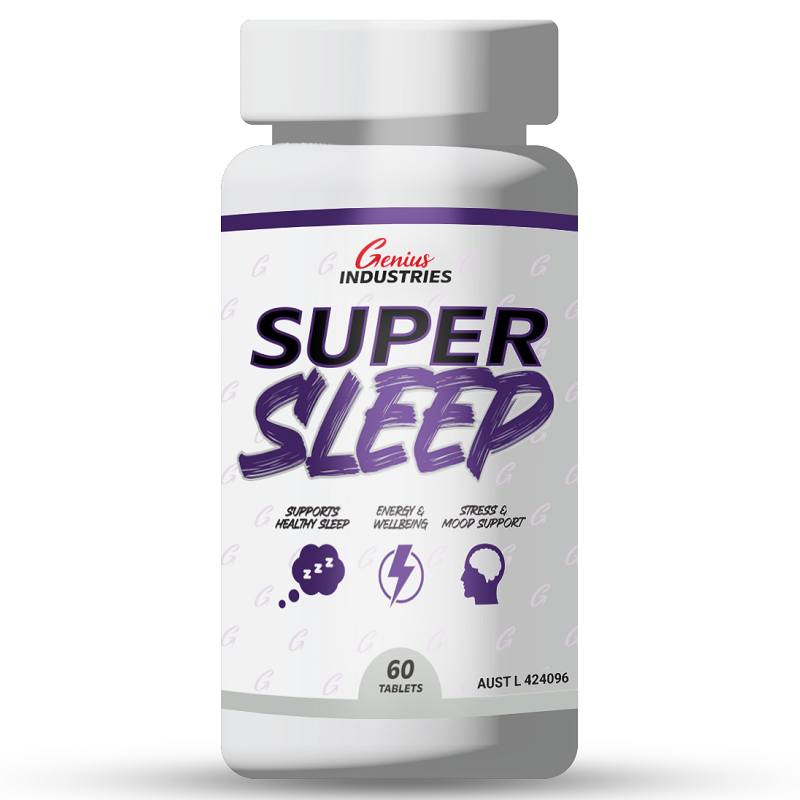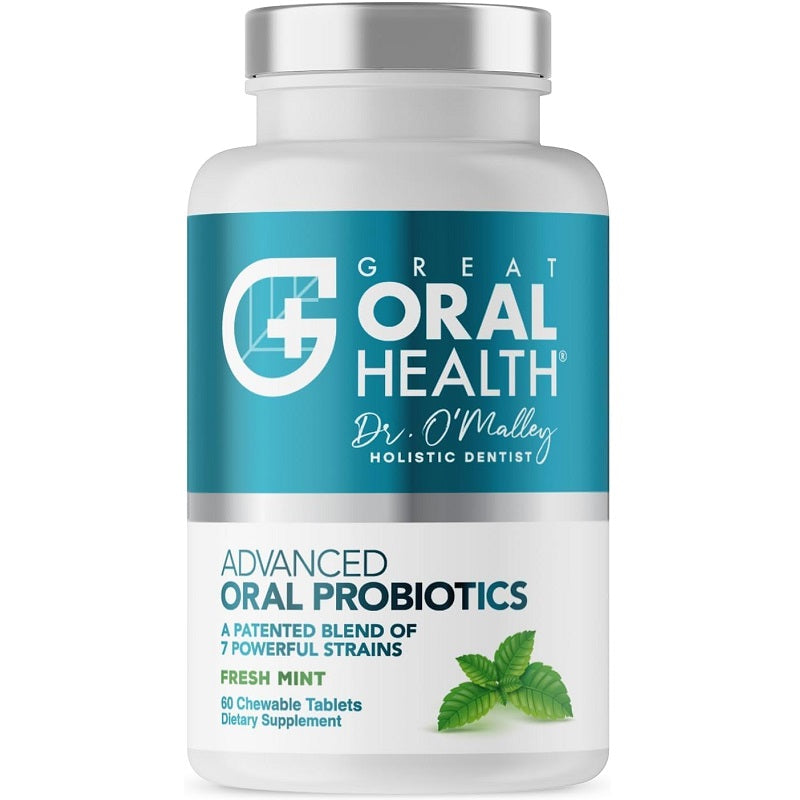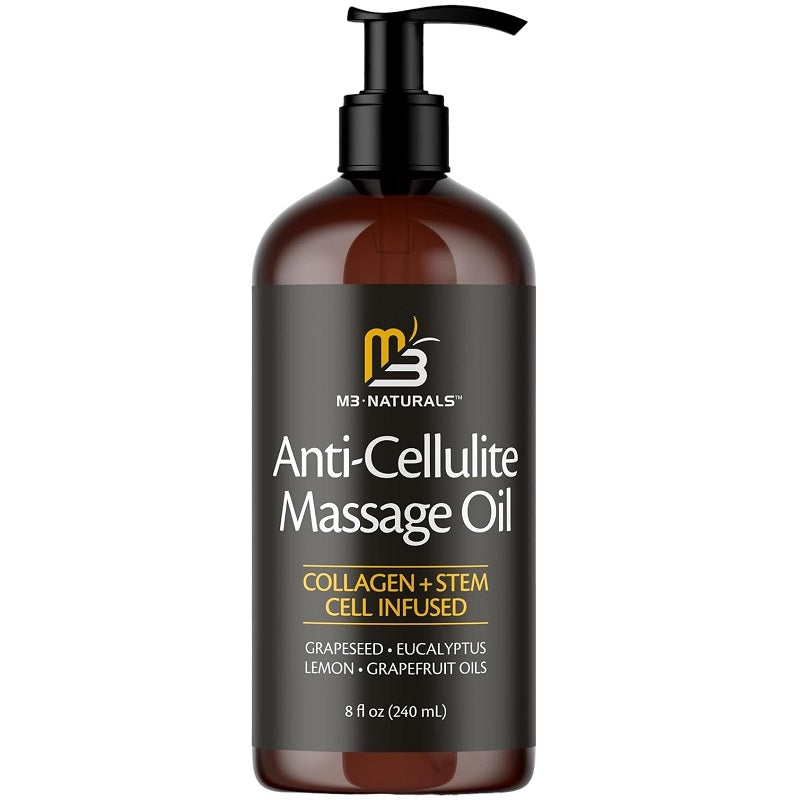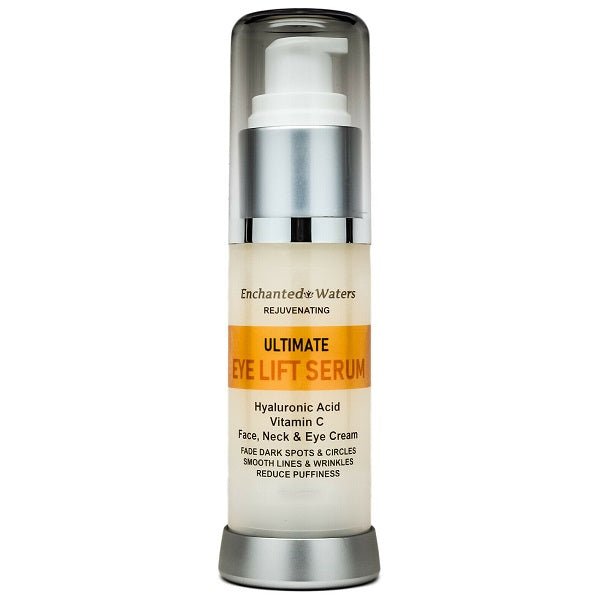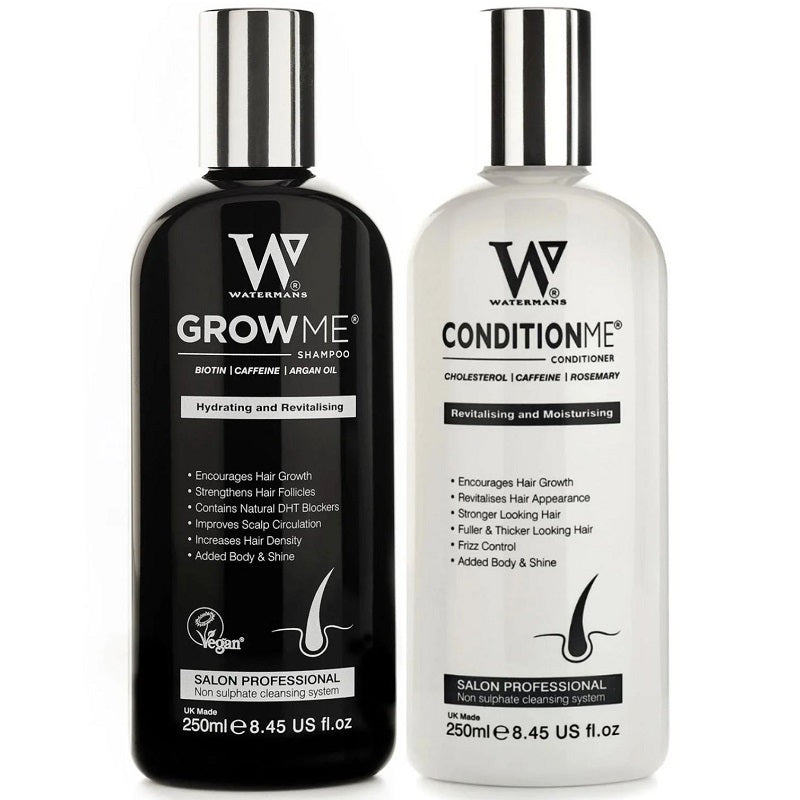Understanding NAD: The Molecule That Powers Your Cells
When it comes to health and longevity, one molecule has been gaining more attention from researchers and wellness enthusiasts alike: NAD. Short for Nicotinamide Adenine Dinucleotide, NAD is a coenzyme found in every living cell. It plays a vital role in energy production, cellular repair, and overall metabolic health. Without NAD, our cells wouldn’t be able to function properly — and neither would we.
Why Is NAD So Important?
NAD acts as a helper molecule, binding to enzymes and enabling them to carry out essential biological processes. Its primary role is in converting nutrients into cellular energy, a process that keeps us alive and active. Beyond energy, NAD is also critical for DNA repair, regulating our circadian rhythms, and supporting healthy brain function.
As we age, however, our NAD levels naturally decline. This drop has been linked to fatigue, decreased resilience to stress, and faster aging on a cellular level. Low NAD levels may also play a role in age-related health concerns, making it a hot topic in anti-aging research.
How Can You Support Healthy NAD Levels?
While NAD is produced naturally in the body, there are ways to help maintain or boost its levels:
-
Diet & Nutrition: Foods rich in vitamin B3 (like chicken, salmon, mushrooms, and peanuts) support NAD production.
-
Supplements: NAD precursors, such as NMN (Nicotinamide Mononucleotide) and NR (Nicotinamide Riboside), have gained popularity for their potential to increase NAD levels.
-
Healthy Lifestyle: Regular exercise, intermittent fasting, and good sleep habits can all help preserve NAD.
The Future of NAD Research
Scientists are exploring how NAD supplementation could support longevity, energy, and even protection against age-related decline. While research is still evolving, early findings suggest that supporting healthy NAD levels may be key to feeling youthful and maintaining vitality as we age.
✨ Bottom line: NAD may be tiny, but it has a massive impact on how we age, how much energy we have, and how well our cells repair themselves. Looking after your NAD levels could mean looking after your future self.
